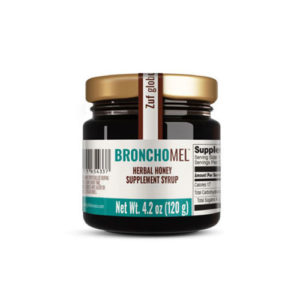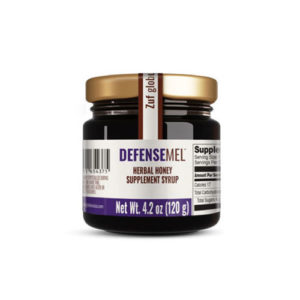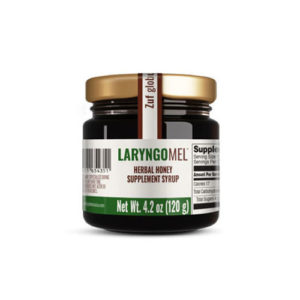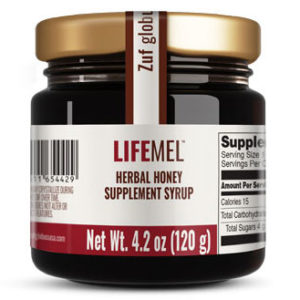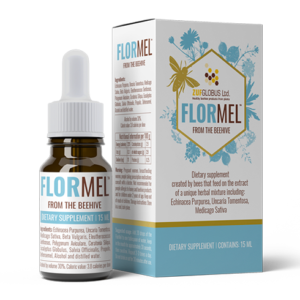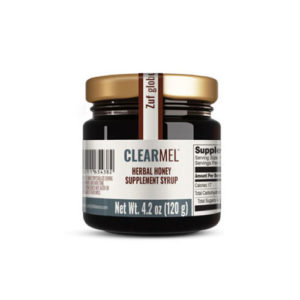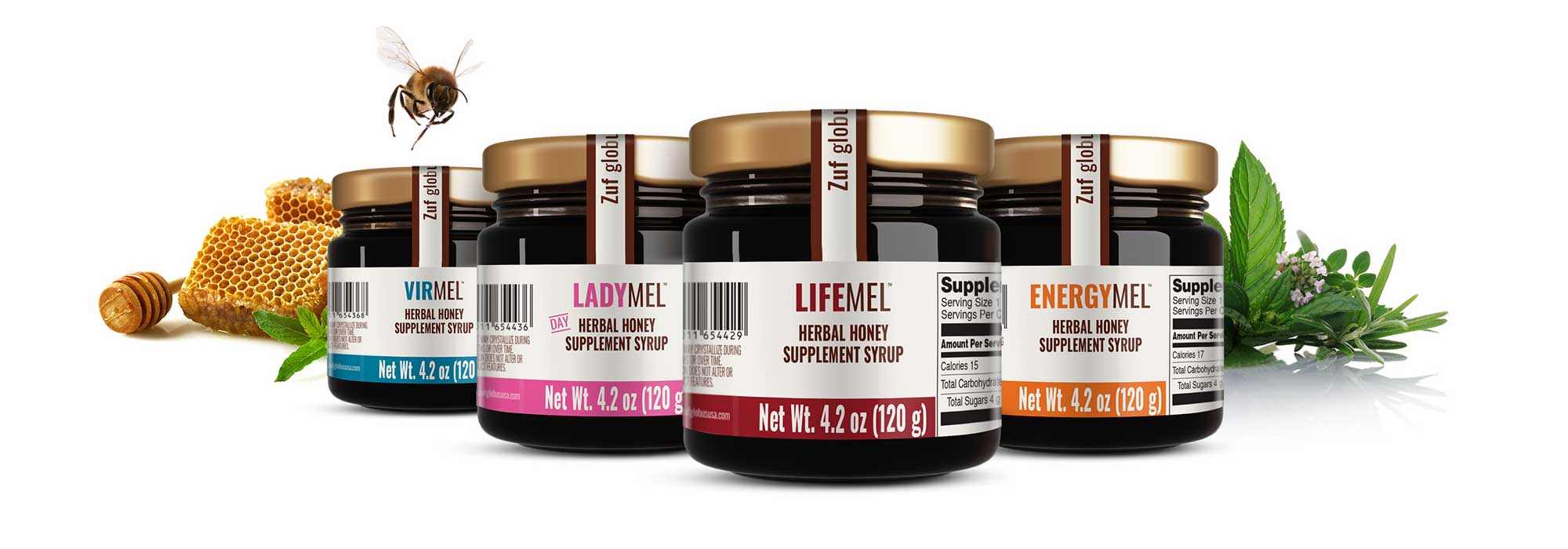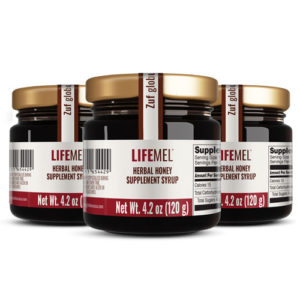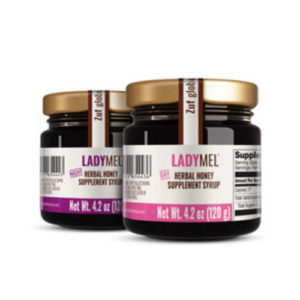What is the immune system?
The immune system is a complex of organs, cells and proteins designed to protect the body from intruders such as germs, fungi, parasites and viruses. Another role of the immune system is to protect the body from developing cancer.
Although we may only be aware of it when we get sick, different parts of the immune system work nonstop, collaborating as they fight various organisms dangerous to the body.
The immune system is traditionally described as having two parts: The innate (inherited) immune system and adaptive (acquired) immune system. The innate immune system is the first line of defense, protecting against any attack in general. The adaptive immune system reacts to each invader in a specific way. The adaptive immune system’s T and B cells accumulate knowledge when they encounter an infection, creating an “immune memory.” This helps develop more precise and powerful responses the next time those same invaders are encountered.
However, we now know that this two-part description of the immune system is not completely accurate; there are elements of the innate (inherited) immune system that can also learn new responses.
What causes a weakened immune system?
Most of us know that not everything we do on a daily basis is good for us. But we often prefer to not think about it and continue following our bad habits without considering how they may affect us.
For example, everyone knows that heavy alcohol consumption can cause loss of control, and may lead to damage of the liver and other organs. It can also damage the immune system.
A study conducted in the U.S. showed that immune system function decreases two hours after heavy drinking (4-5 glasses).
Smoking causes significant immune system damage as well. The inhaled smoke contains dozens of different toxic substances, which the immune system works non-stop to fight. If a smoker acquires an infection or a virus, the body has fewer resources to handle it.
A stressful lifestyle, or an unbalanced and poor diet, can also weaken the immune system. It can also be harmed by different diseases or chemotherapy treatments.
Natural solutions to support the immune system
There are several ways to support a healthy immune system, which should always be done after consulting with a healthcare provider.
Nature has given us many wellness options. For example, dietary supplements for supporting the immune system, including such herbs as Uncaria tomentosa (Peruvian marigold), which helps maintain a healthy blood cell count, and black elderberry, which helps maintain a healthy upper respiratory tract. Other scientifically proven immune-supporting plants include Echinacea, Calendula, Red clover and Melissa.
Different folk remedies may also be helpful. For example, chicken soup is a “mini-pharmacy” of anti-inflammatory substances. And, tea with lemon, ginger or honey may be soothing as well as immune supportive.
Some healthy lifestyle habits can also change the picture. Exercising regularly and exposure to sunshine (while taking the necessary precautions) may help create anti-inflammatory substances in the bloodstream.




